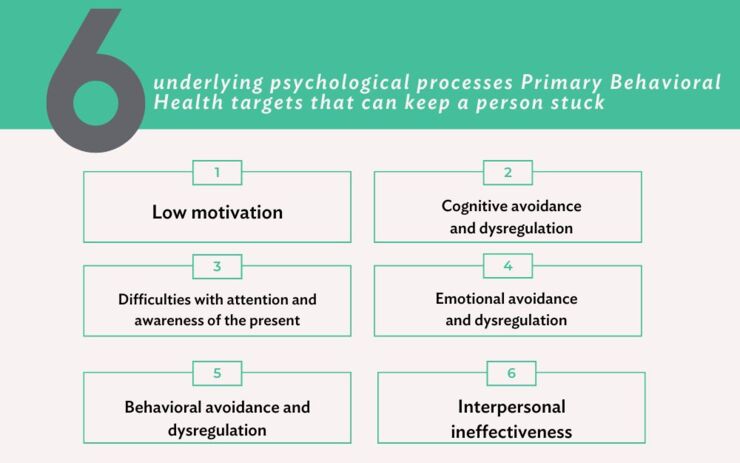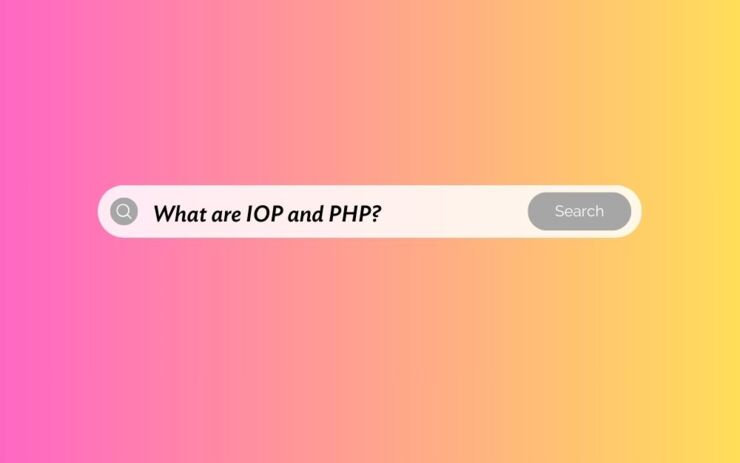How meditation can be a helpful addition to mental health therapy
Posted on 03/18/20 09:15:am
Share this article:
Feeling frustrated? Overwhelmed? You’re not alone. Today, more people are turning to an ancient practice to alleviate stress.
Meditation is the fastest growing health trend in America, according to a recent study by the Centers for Disease Control. But it’s not just for relaxation. Meditation can also be helpful when used in conjunction with traditional mental health therapy for common conditions like anxiety and depression.
What is meditation?
Meditation is the practice of focused concentration, continually bringing yourself back to the present moment without judgment. It involves breathing methods, guided imagery, and other practices to relax the body and achieve a more peaceful state of mind.
Tama’ra Reed, experiential therapist at Rogers Behavioral Health, practices meditation and mindfulness with patients Monday through Friday. “A lot of the patients here have high anxiety, or they have depression and usually in those cases, they feel like they don't have control,” says Reed. “Often they can't make eye contact. Within a couple days of learning and practicing meditation, there’s a noticeable change in how they carry themselves, and they're not as tense.”
Benefits of meditation
The emotional benefits of meditation can include:
- Gaining a new perspective on stressful situations
- Building skills to manage your stress
- Increasing self-awareness
- Improving ability to focusing and stay in the present
- Reducing negative emotions
- Increasing imagination and creativity
- Increasing patience and tolerance
“Whether you can practice for several minutes or even 30 seconds, you’re able to give yourself a mental break when you’re experiencing difficult thoughts or emotions,” says Reed. “Meditation is not doing nothing. You’re actively engaging in something that, even if just for a few moments, allows your mind to calm down and your emotions to become peaceful and quiet,” she adds.
If you or someone you know is struggling with mental health, learn more about the evidence-based treatment Rogers offers nationwide or request a free, confidential screening online.
If you do not feel you need treatment right away, but may be concerned, we offer online quizzes to possibly provide some relief. While these quizzes do not provide a diagnosis, it could be the first step in finding the treatment you may need. Take our online Anxiety or Depression Quiz today.



